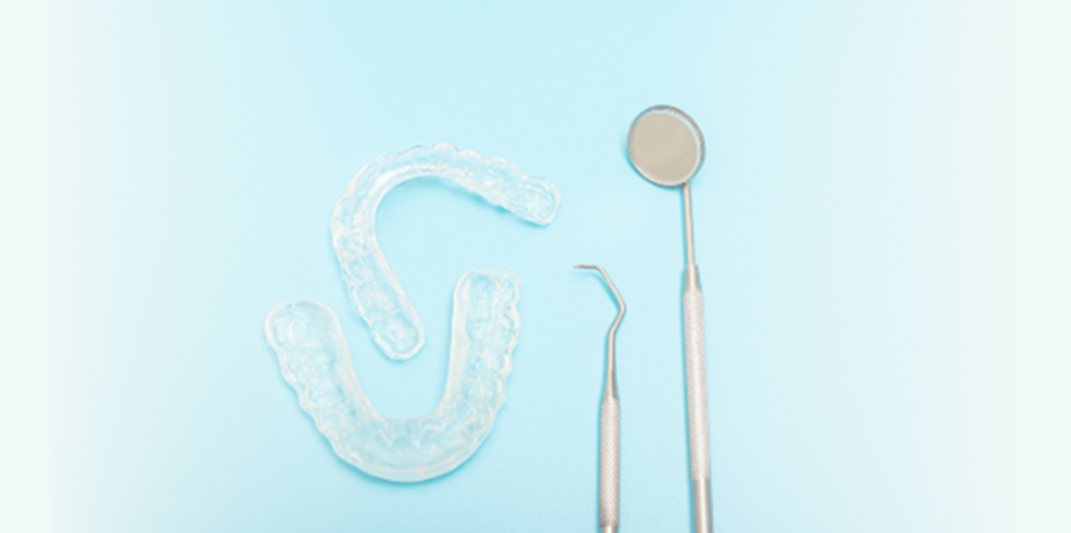Antibiotics
Indications for Antibiotics
Antibiotics are commonly prescribed for the management of bacterial infections. They either kill or prevent further bacterial growth.
Antibiotics for gum disease: As gum disease is a bacterial infection, antibiotics are used to reduce the plaque formation in the mouth. A combination of antibiotics along with proper brushing and flossing habits can effectively control gum disease.
Types of Antibiotics
Antibiotic treatments are available in different formulations, which include:
- Oral antibiotics (pills or capsules): They are used to treat moderate to severe periodontitis.
- Topical antibiotics: These are directly applied to the gum, and may be used to treat initial stages of advanced gum disease.
- Antibiotic mouthwash: This can be used after brushing and flossing to reduce the bacterial count in the mouth. The mouthwash should be swished around the mouth but not swallowed.
- Sustained-release antibiotics: These may be inserted directly into the infected periodontal pocket.
- Antibiotics for dental abscess: For the management of dental abscess (collection of pus in the tissues around the teeth), antibiotics are given along with pain medications to prevent the spread of the infection. Your dentist will prescribe antibiotics if you have a severe infection, infection spreading to the surrounding tissues, weakened immune system, or if you are at an increased risk of developing complications.
- Prophylactic antibiotics: In individuals with certain heart conditions, antibiotics are recommended before any dental procedures, as a preventive measure to avoid subsequent complications.
Side Effects of Antibiotics
The most common side-effects of antibiotics include diarrhoea, stomach upset, breathing difficulties, bad taste, skin rashes and face swelling.
Follow your doctor’s directions regarding antibiotic usage. Complete your prescribed course of treatment and discard any left-over medication. Antibiotics are not indicated to delay any appropriate dental procedure. Consult your dentist for the appropriate management of your dental condition.











